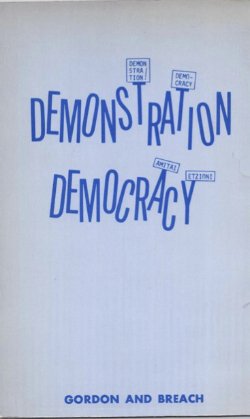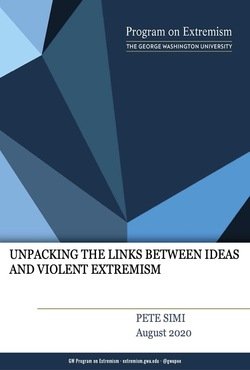By Robert Nozick
In this brilliant and widely acclaimed book, winner of the 1975 National Book Award, Robert Nozick challenges the most commonly held political and social positions of our age—liberal, socialist, and conservative.
[“Nozick’s] faculties of reasoning and imagination are rare; his learning is enormous and interconnected. . . . His ability to surround a subject, to anticipate objection, to see through weakness and pretense, to extract all the implications of a contention, to ask a huge number of relevant questions about a seemingly settled matter, to enlarge into full significance what has only been sketched by others, is amazing.” —George Kateb. The American Scholar
“No contemporary philosopher possesses a more imaginative mind, broader interests, or greater dialectical abilities than Robert Nozick.” —Harper’s
“A brilliant and important book, bound to contribute notably both to theory and, in time, to the good of society.”—W. V. Quine. Harvard University
NY. Basic Books. 1974. 376p. CONTAINS MARK-UP





















